Your Body, Your Data: How AI Will Change Your Fitness Forever
In a world where technology permeates every aspect of our lives, the fitness industry is no exception. The integration of artificial intelligence (AI) into fitness is not merely a trend but a transformative shift that redefines how we approach health and wellness. As AI becomes more sophisticated, it offers unprecedented insights into our bodies, enabling personalized fitness regimes that were once the realm of science fiction. This article delves into the multifaceted impact of AI on fitness, exploring how it personalizes workouts, enhances performance, predicts injuries, and revolutionizes the way we understand our bodies. By examining these aspects, we uncover how AI is not just a tool but a partner in our fitness journey, reshaping our relationship with our bodies and data.
Personalized Workout Plans
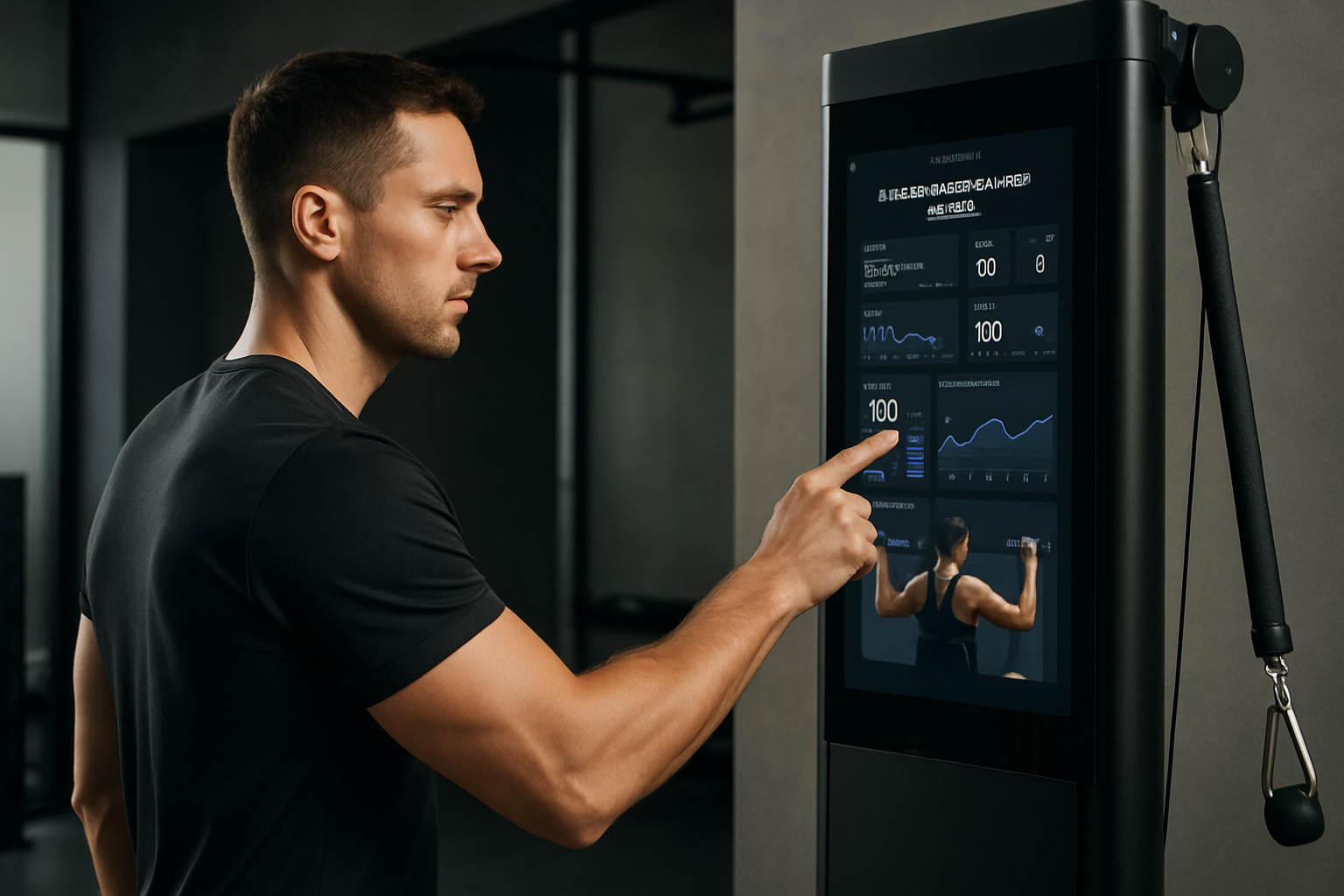
One of the most significant ways AI is revolutionizing fitness is through personalized workout plans. Unlike generic fitness programs, AI leverages data from wearable devices, fitness apps, and even social media to tailor workouts that align with an individual's goals, fitness level, and physical capabilities. Machine learning algorithms analyze this data to understand patterns, preferences, and progress over time, offering dynamic and adaptable fitness plans. This personalization ensures that workouts are not only effective but also engaging, reducing the risk of burnout and increasing the likelihood of long-term commitment. As AI continues to evolve, these plans will become even more sophisticated, incorporating real-time feedback and adjustments to optimize results.
Enhanced Performance Tracking
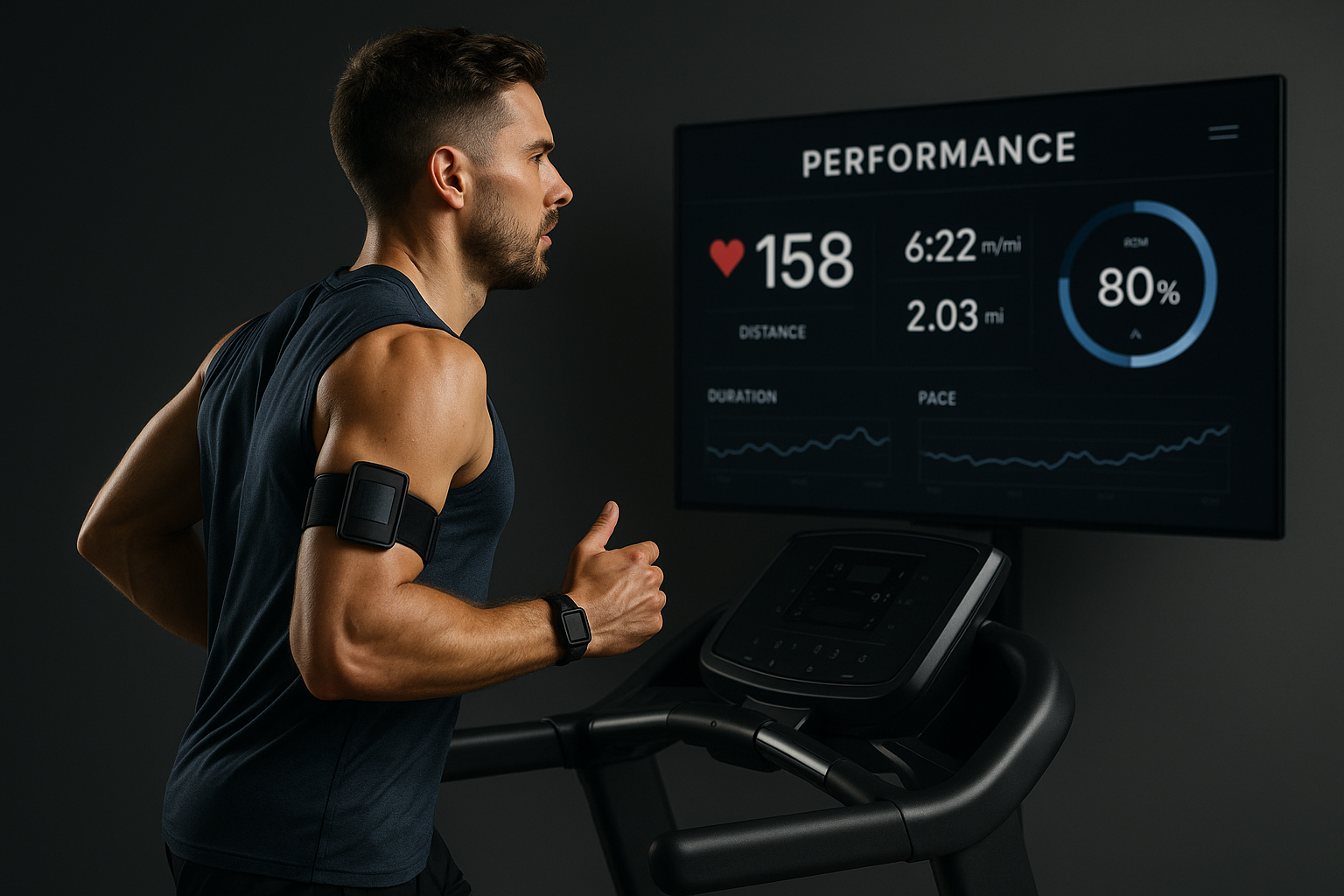
AI's ability to enhance performance tracking is another game-changer in the fitness landscape. Traditional methods of tracking progress, such as manually logging workouts or using basic fitness trackers, are now being augmented with AI-powered analytics. These systems provide detailed insights into metrics like heart rate variability, caloric burn, and muscle engagement, offering a comprehensive view of an individual's performance. With AI, athletes and fitness enthusiasts can identify areas of improvement, set realistic goals, and track their progress with precision. This data-driven approach not only motivates individuals but also empowers them to make informed decisions about their fitness strategies, leading to more effective and efficient training sessions.
Injury Prediction and Prevention
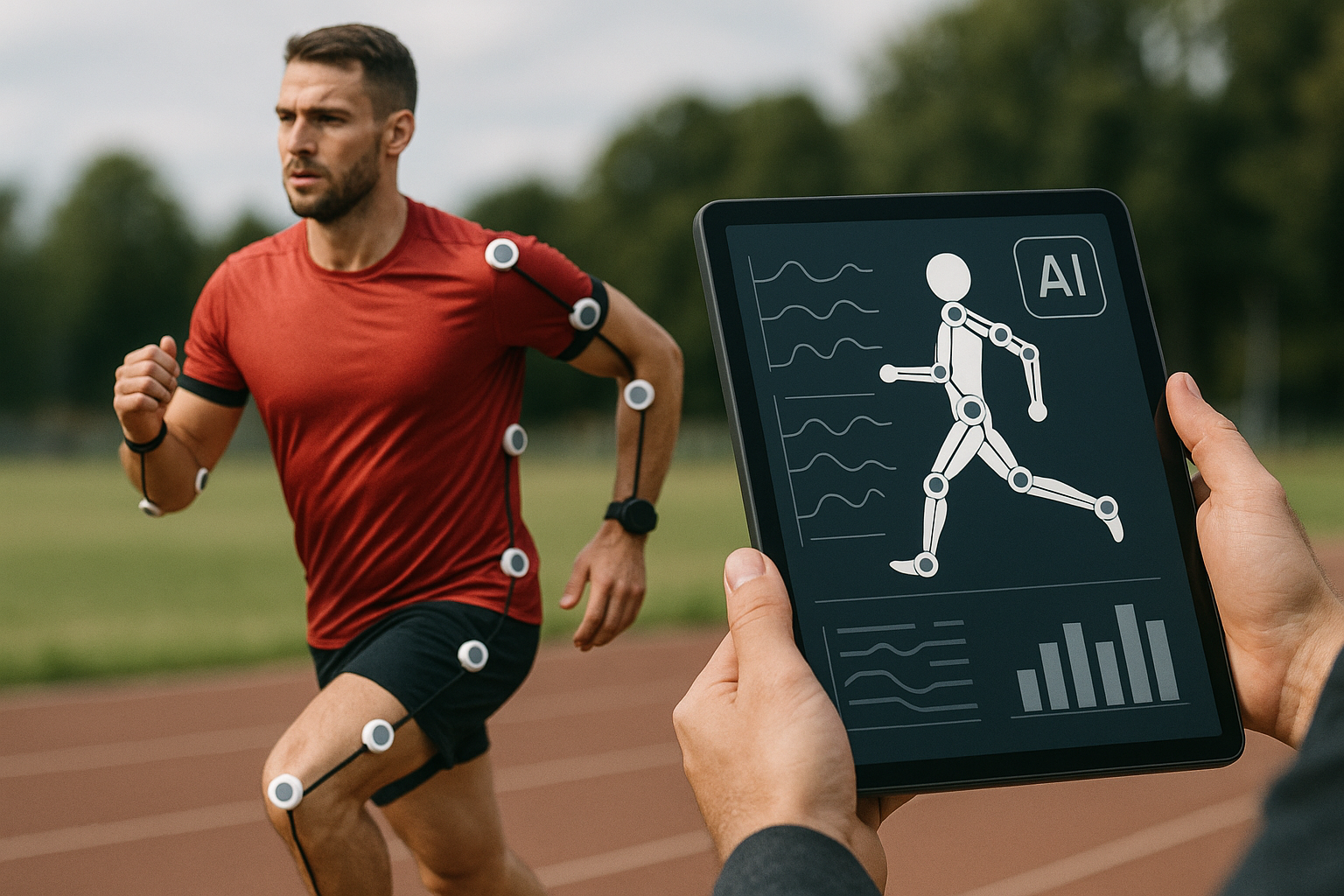
The ability of AI to predict and prevent injuries is a pivotal advancement in fitness technology. By analyzing biomechanical data and movement patterns, AI systems can identify potential risk factors for injuries before they occur. This proactive approach allows individuals to make necessary adjustments to their routines, such as altering exercises or improving technique, to mitigate these risks. For athletes, this means fewer setbacks and a longer career lifespan. Moreover, AI can provide personalized recommendations for recovery and rehabilitation, ensuring a safe return to physical activity. As AI continues to learn from vast datasets, its predictive accuracy will only improve, making workouts safer for everyone.
Virtual Personal Trainers
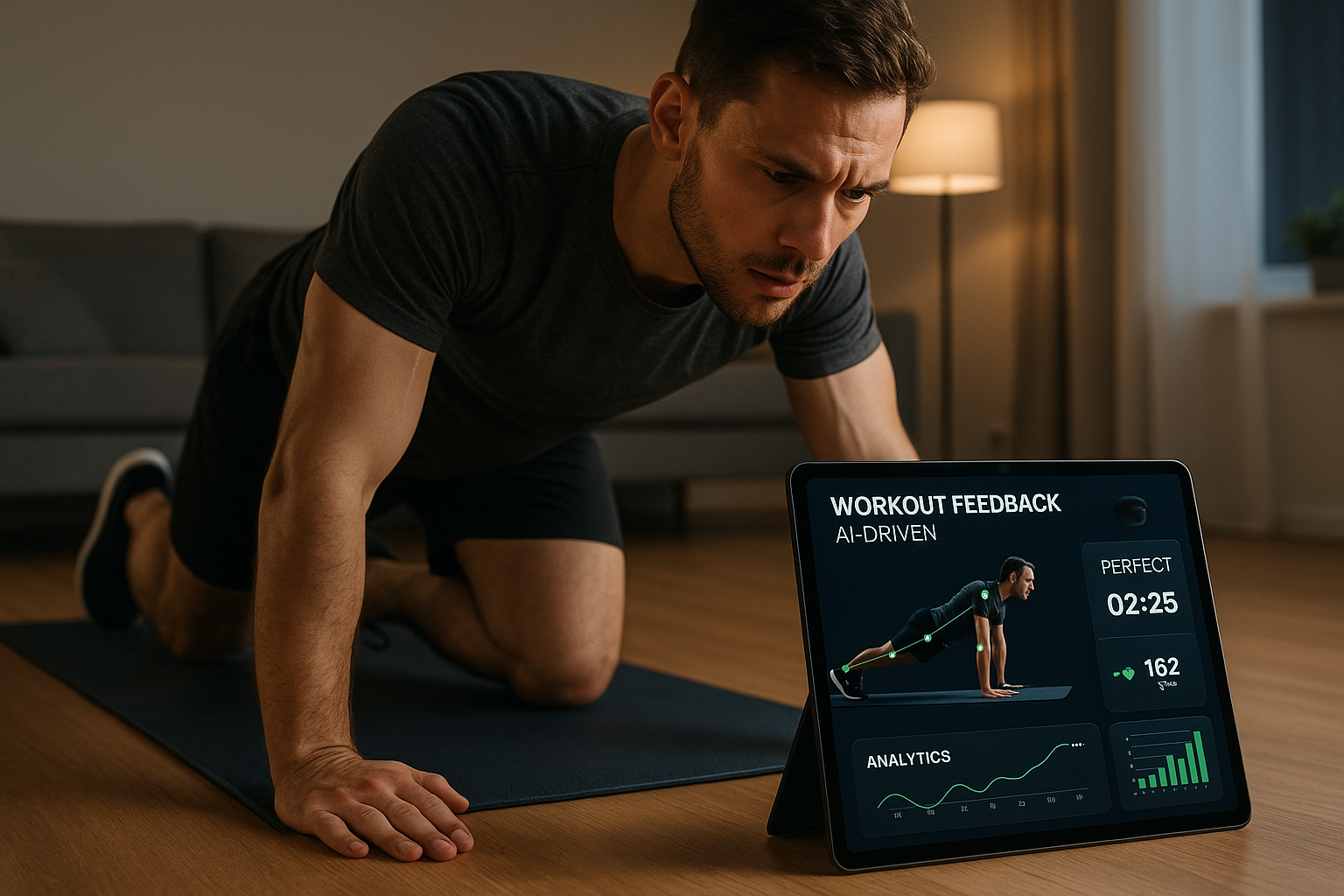
The rise of AI-powered virtual personal trainers is democratizing access to expert fitness guidance. These digital trainers use AI to provide real-time feedback and coaching, simulating the experience of having a personal trainer without the high cost. By analyzing an individual's movements through camera sensors or wearable devices, AI trainers can correct form, suggest modifications, and motivate users to push their limits. This technology is particularly beneficial for those who prefer working out at home or have limited access to fitness facilities. As AI technology advances, virtual trainers will become more interactive and intuitive, offering personalized coaching that rivals human trainers.
Nutritional Guidance and Meal Planning

AI's role in fitness extends beyond exercise to include nutritional guidance and meal planning. By analyzing dietary habits, nutritional needs, and fitness goals, AI systems can create personalized meal plans that complement an individual's workout regimen. These systems consider factors such as caloric intake, macronutrient balance, and dietary restrictions to optimize nutrition for performance and recovery. Additionally, AI can provide real-time feedback on eating habits, helping individuals make healthier choices and achieve their fitness goals more effectively. As AI becomes more sophisticated, it will offer even more nuanced insights into the relationship between diet and fitness, further enhancing its role in holistic health.
Mental Health and Fitness

The integration of AI into fitness also emphasizes the importance of mental health. AI-powered apps and devices can monitor stress levels, sleep patterns, and emotional well-being, providing a comprehensive view of an individual's mental and physical health. By understanding the interplay between these factors, AI can offer personalized recommendations for mindfulness practices, stress management techniques, and sleep optimization, all of which are crucial for overall fitness. This holistic approach ensures that individuals not only achieve their physical goals but also maintain mental well-being, underscoring the inseparable link between body and mind in the pursuit of health.
Gamification and Motivation
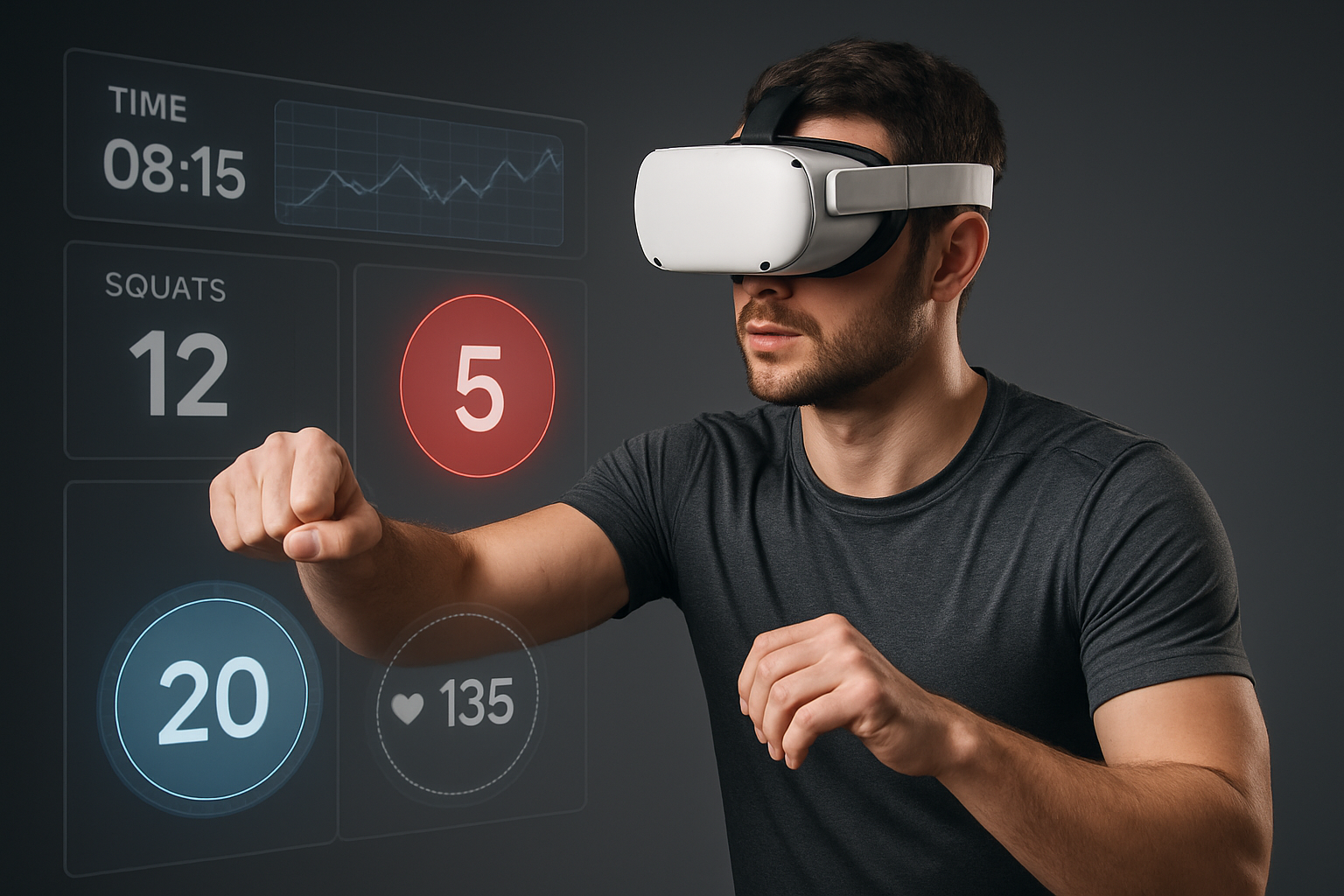
AI is also transforming the way we stay motivated to work out through gamification. By incorporating game-like elements into fitness routines, AI makes exercise more engaging and enjoyable. Features such as achievement badges, leaderboards, and virtual challenges tap into our competitive nature, encouraging consistency and effort. AI analyzes user preferences and behaviors to tailor these gamified experiences, ensuring they remain challenging yet attainable. This approach not only boosts motivation but also fosters a sense of community among users, as they can compete and collaborate with others. As AI continues to innovate, gamification will become an increasingly powerful tool in promoting long-term fitness engagement.
Wearable Technology and AI Integration
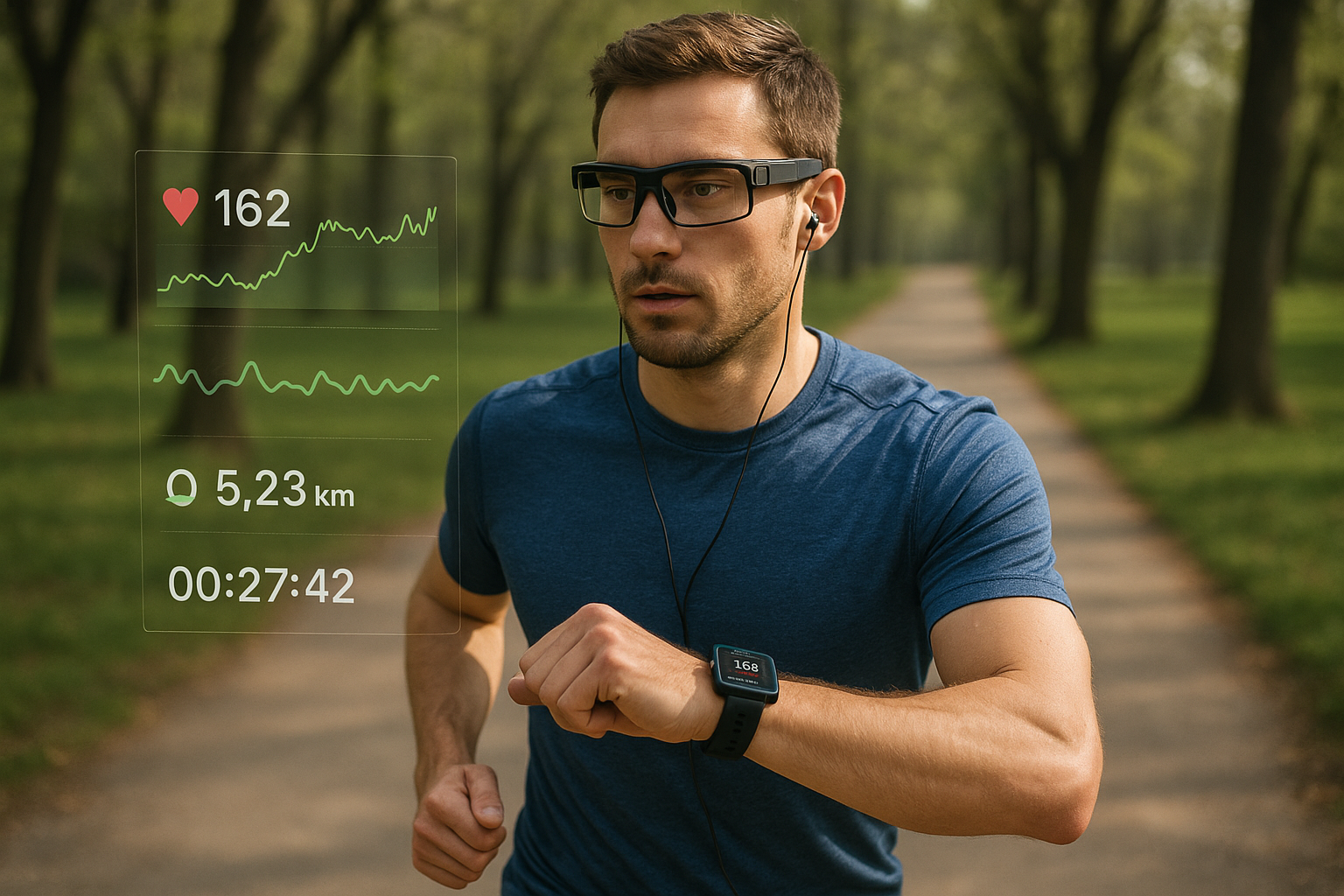
The integration of AI with wearable technology is driving a new era of fitness innovation. Wearables like smartwatches and fitness bands are now equipped with AI capabilities that provide deeper insights into health metrics. These devices track a wide range of data, from heart rate and sleep patterns to stress levels and physical activity, offering a holistic view of an individual's health. AI processes this data to deliver personalized feedback and recommendations, helping users optimize their fitness routines and lifestyle choices. As wearable technology advances, the synergy between AI and these devices will lead to even more precise and actionable health insights.
Community and Social Connectivity

AI is fostering a sense of community and social connectivity within the fitness world. Through AI-driven platforms, users can connect with like-minded individuals, share their progress, and participate in group challenges. These platforms use AI to match users with similar fitness goals and interests, creating a supportive network that encourages accountability and motivation. Social features such as virtual classes, live streaming workouts, and online forums further enhance this sense of community, making fitness a more inclusive and interactive experience. As AI continues to evolve, these social connections will become even more personalized and impactful, strengthening the communal aspect of fitness.
Data Privacy and Ethical Considerations

As AI becomes more integrated into fitness, concerns about data privacy and ethics inevitably arise. The vast amount of personal data collected by AI systems, from health metrics to behavioral patterns, raises questions about how this information is used and protected. Ensuring that data is handled responsibly and transparently is crucial to maintaining user trust. Regulations and ethical guidelines must evolve alongside technology to address issues such as consent, data ownership, and algorithmic bias. By prioritizing privacy and ethics, the fitness industry can harness the power of AI while safeguarding the rights and interests of individuals.
Future Trends and Innovations
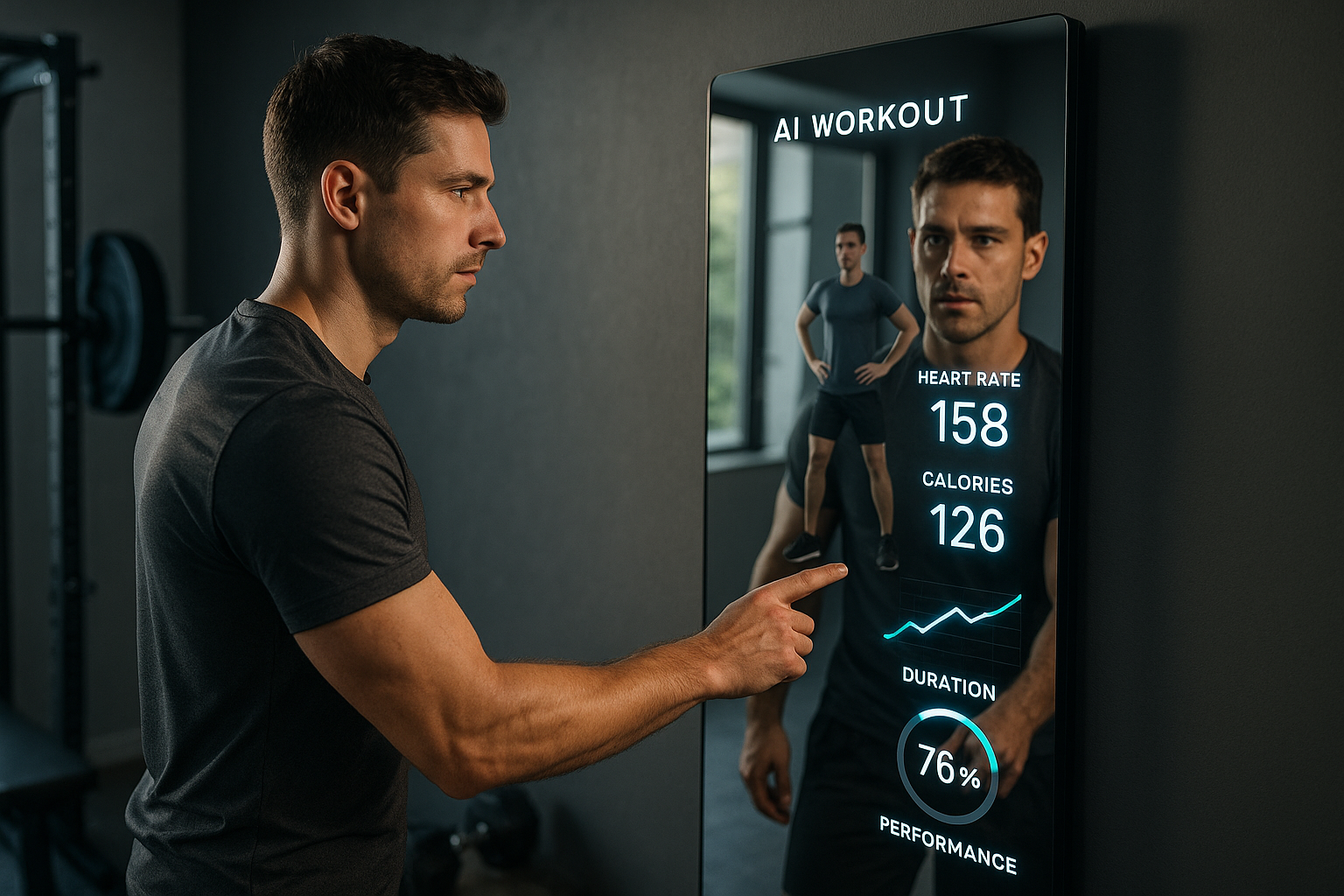
The future of AI in fitness is ripe with potential and innovation. Emerging trends such as augmented reality workouts, AI-driven mental health support, and advanced biometric sensors are set to further transform the fitness landscape. As AI technology becomes more accessible and affordable, these innovations will become mainstream, offering even more personalized and immersive fitness experiences. The integration of AI with other technologies, such as 5G and the Internet of Things, will enhance connectivity and data sharing, leading to more comprehensive health insights. As we look to the future, the possibilities for AI in fitness are limitless, promising a new era of health and wellness.
Embracing the AI-Driven Fitness Revolution
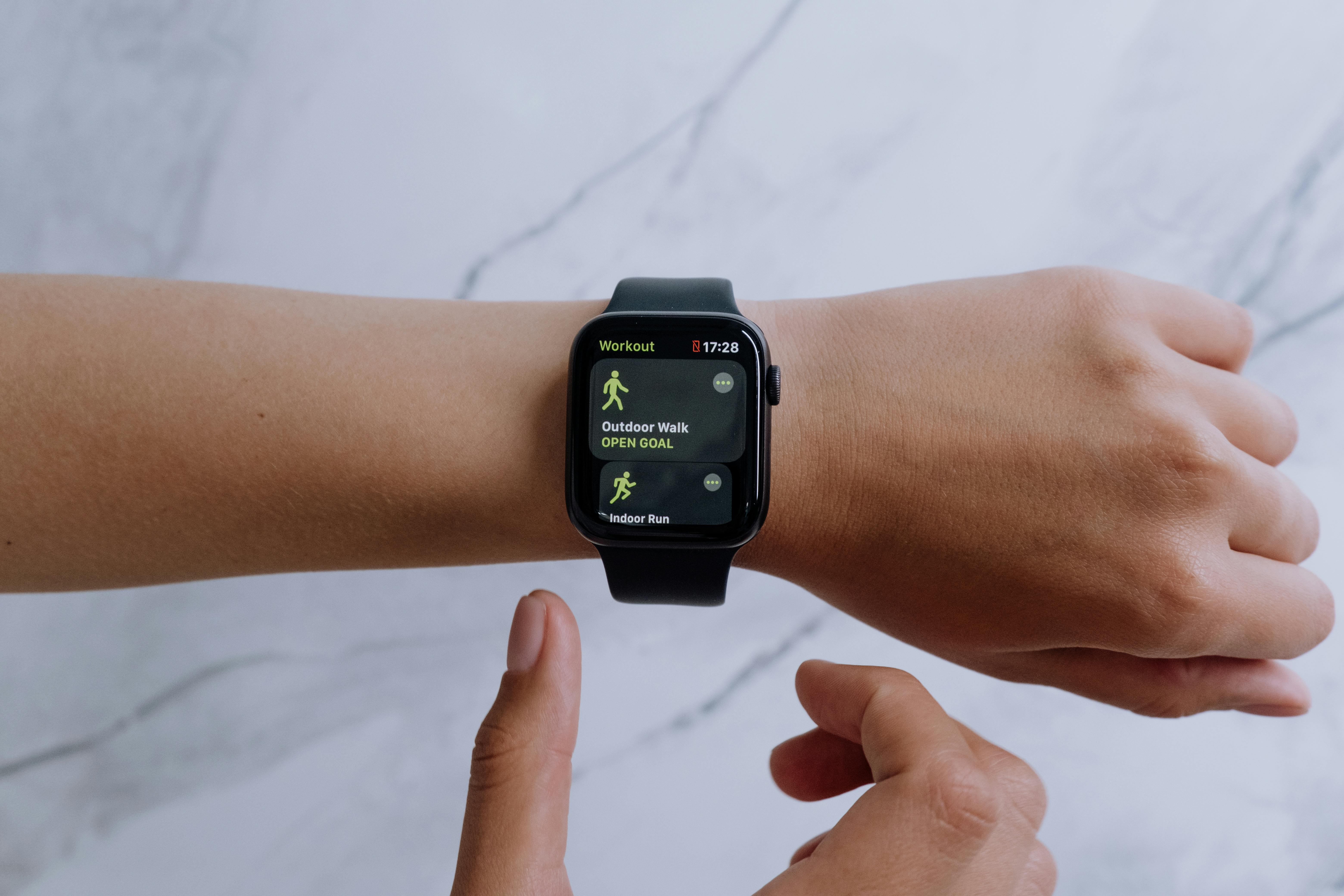
The integration of AI into fitness is not just a technological advancement but a paradigm shift that redefines our approach to health and wellness. By offering personalized insights, enhancing performance, and fostering community, AI empowers individuals to take control of their fitness journeys like never before. As we embrace this AI-driven revolution, it's crucial to remain mindful of the ethical considerations and data privacy issues that accompany it. By doing so, we can fully harness the potential of AI to create a healthier, more connected world where our bodies and data work in harmony to achieve our fitness goals.
